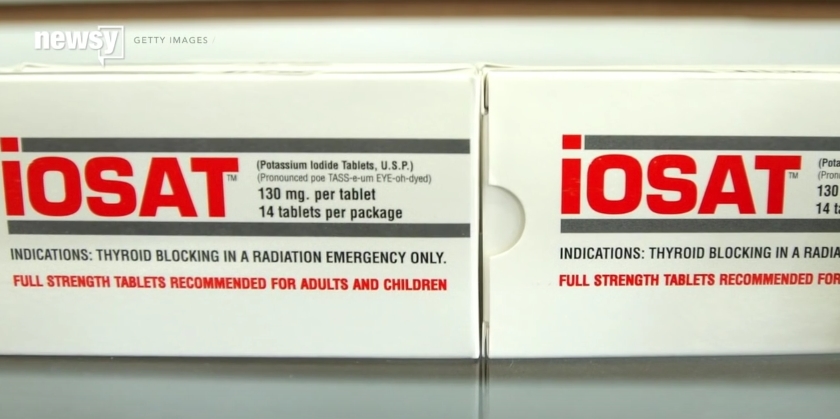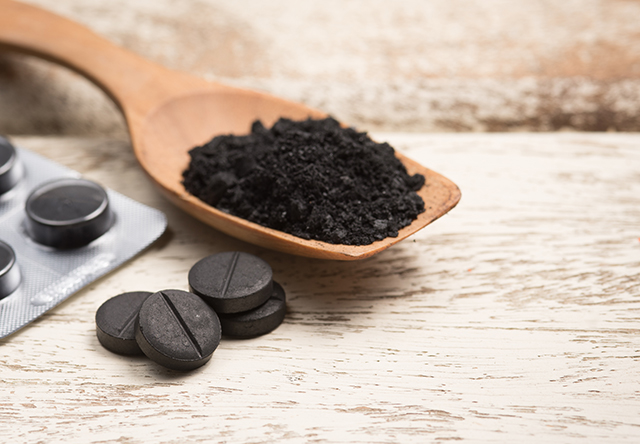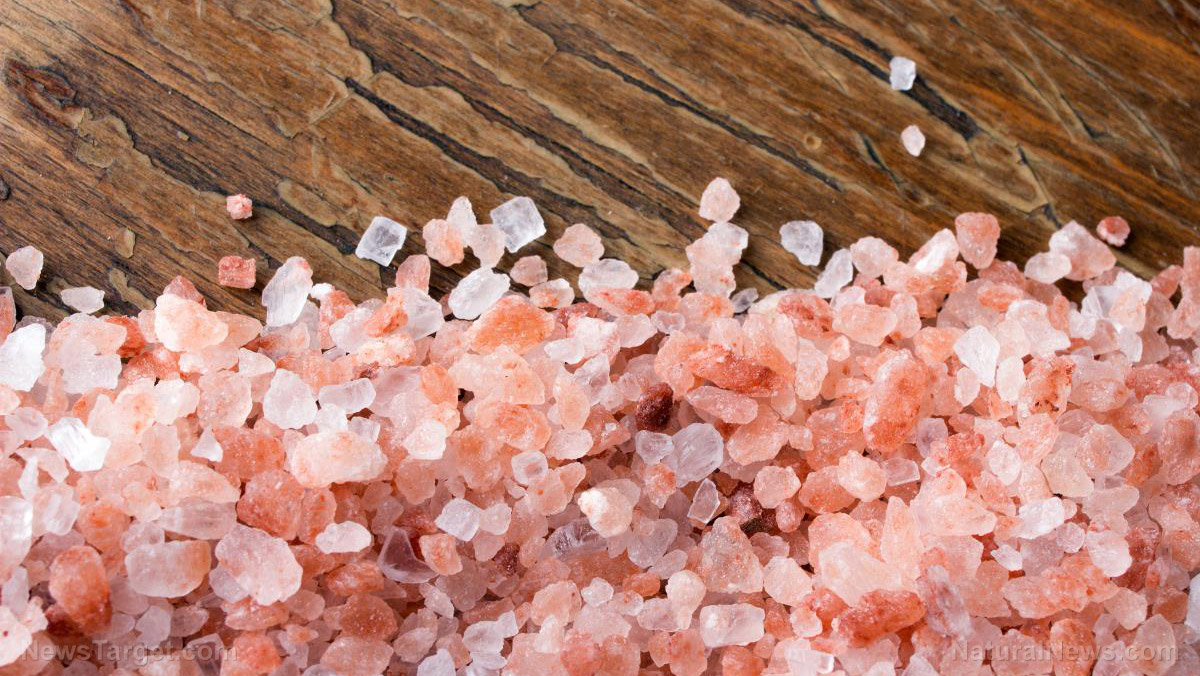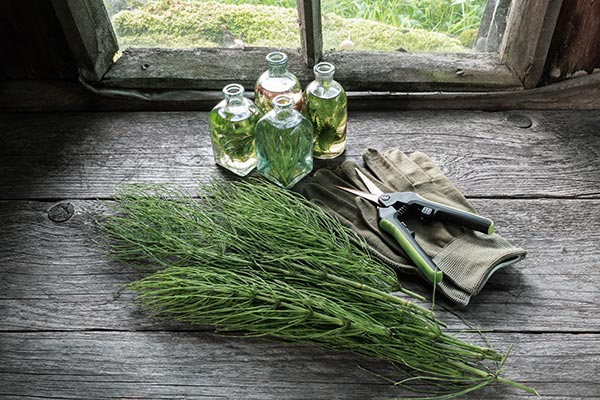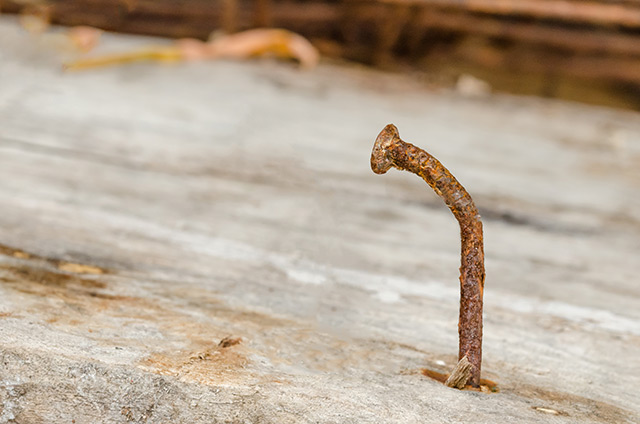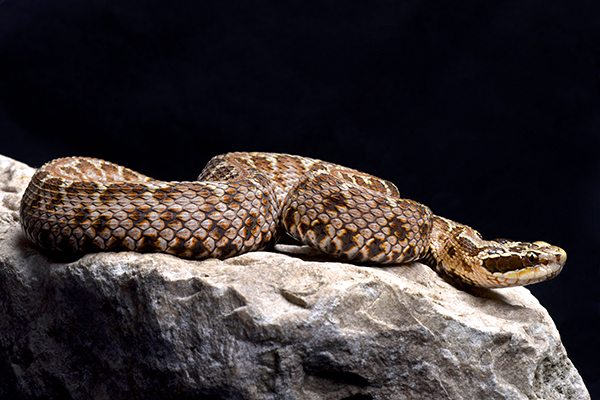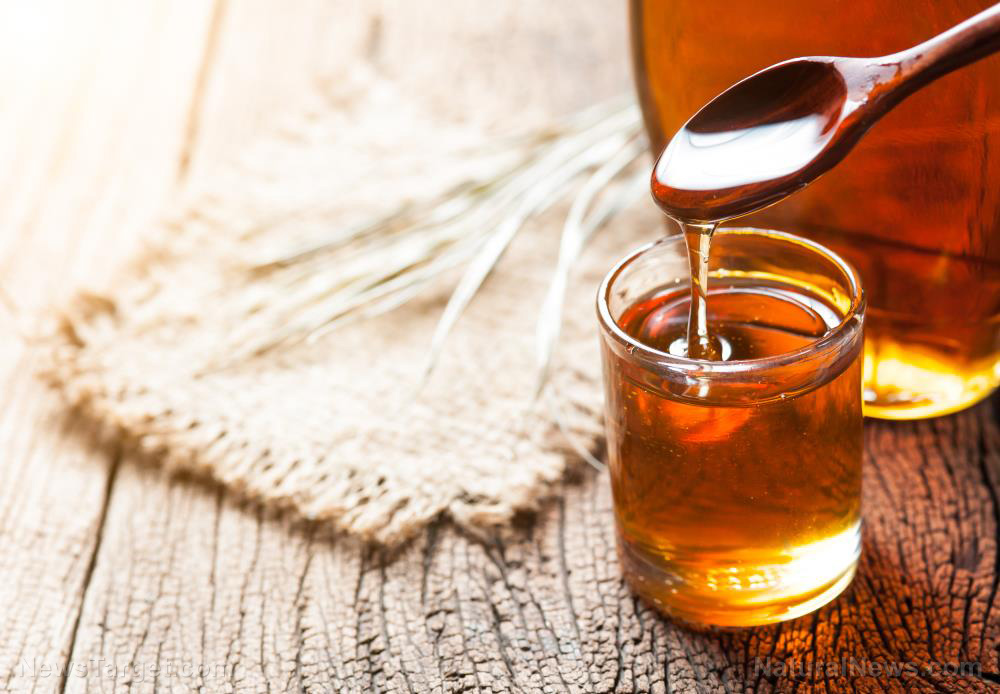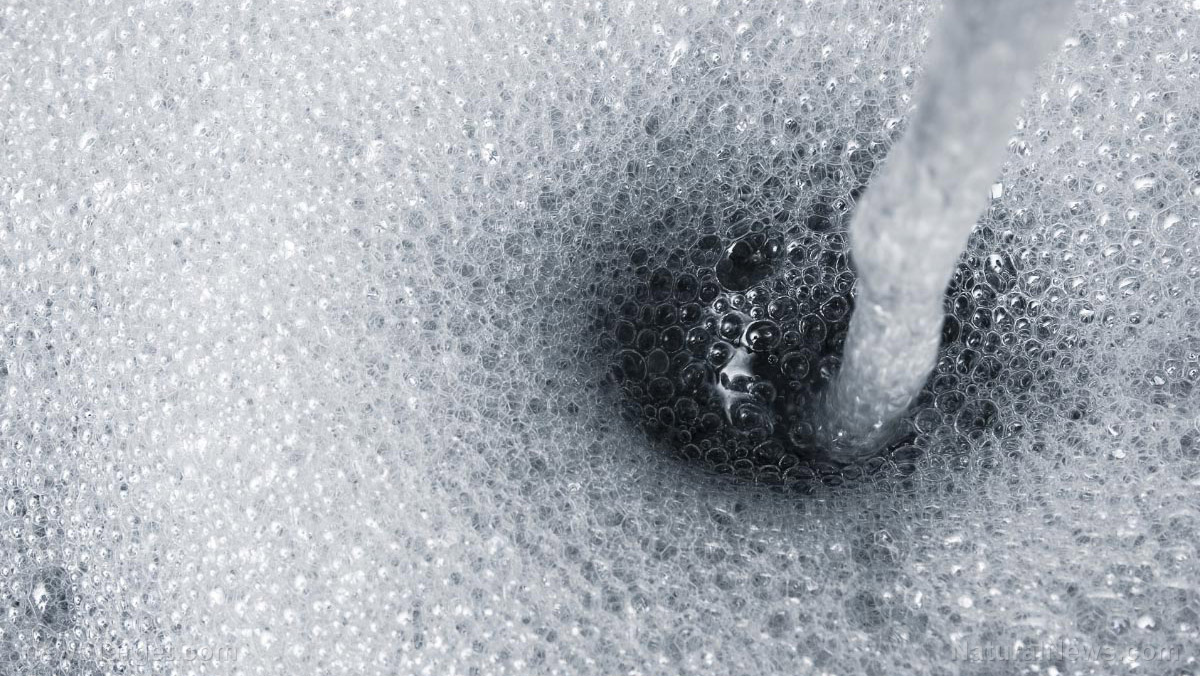Prepping must-haves: Medical supplies and first aid kits
04/18/2022 / By Zoey Sky

It’s practically impossible to prepare for all kinds of medical emergencies when SHTF. But as a prepper, you should prepare a first aid kit with items that can help you address most of these when disaster finally strikes. (h/t to Brighteon.com)
Getting first aid training is optional, but if you have the time you should sign up for classes before SHTF.
Even if you’re not a healthcare professional, having first aid training can help you save lives when facing a survival scenario. It can also help you provide comfort to a patient, especially if they see that you are confident in your first aid skills.
Knowing first aid also gives you the tools and skills necessary to prevent a bad situation from getting even worse.
Preparing your first aid kit
When it comes to medicinal approaches, you can combine both a holistic approach and a more conventional approach to cover all the bases. Plant some medicinal herbs in your garden, but make sure your first aid kit also contains medication for burns and wounds.
If you’re not sure what you need in your first aid kit, start by prepping for things that are most likely to occur, such as flu or a cold.
Supplies for your medicinal pantry and first aid kit
If you’re not sure how to pack a first aid kit, buy a pre-packaged first aid kit. If you’re more experienced with first aid, prepare your own kit and include items that you use frequently.
Here are some items to include in your first aid kit:
- Alcohol prep pads
- Antiseptic wiping cloth pads
- Assorted bandages
- Cotton swabs for applying medicines or cleaning out wounds (Related: Prepper first aid: DIY antiseptics for wound care.)
- A CPR mask
- Disposable gloves
- A disposable poncho
- Glow stick scissors for cutting bandages in the dark or at night
- A rescue blanket
- Medical tape
- Safety pins
- A sling
- Sting relief pads
- Tweezers for pulling out splinters or ticks
- Whistle to signal for help
If you want to improve your first aid skills even further, sign up for a first aid trauma or severe trauma course. This kind of course can help you understand and quickly identify when bleeding has become a medical emergency in a SHTF scenario.
A trauma first aid course can also help you learn how to assess the scene to prevent personal injury, which is important because you can’t help anyone if you’re injured. This kind of course will also teach you how to use a tourniquet properly.
Medicinal herbs and plants for your first aid kit
If you have a home garden, try planting these useful medicinal herbs and plants:
Arnica
Arnica has small, yellow, daisy-like flowers and the plant can be used to soothe muscle aches, reduce inflammation and heal wounds. It’s also used to treat sprains and bruises.
Calendula
Calendula has bright yellow and orange flowers. It’s also fragrant and can attract pollinators into your garden.
Use calendula to promote wound healing, reduce inflammation and soothe bee stings, burns, dry skin and rashes.
Common yarrow
Common yarrow has clusters of small white flowers and feathery leaves. When crushed up, common yarrow can be applied directly to wounds and burns.
Common yarrow leaves can also be used to make a tea that will help treat colds and headaches.
Goldenseal
Goldenseal is a perennial woodland plant named after its yellow roots and sap. The plant can be used to make a topical treatment for skin and ear infections.
Lavender
Fragrant and calming, lavender bears beautiful, purple blossoms. Medicinally, lavender has been used to treat gastrointestinal problems and anxiety.
Lavender can also be used to boost appetite and mood.
Before SHTF, sign up for useful first aid courses and learn how to stop bleeding. You should also prepare a first aid kit for your house, car and bug-out bags if you plan to evacuate when things get bad.
Go to EmergencyMedicine.news for more prepping first aid tips.
Watch the full video below to learn more about prepper medical supplies and important first aid tips.
This video is from the Hithers channel on Brighteon.com.
More related stories:
SHTF first aid: Suture options for medical emergencies.
16 essential supplies you need in your emergency first aid kit.
Survival first aid: Understanding the medic’s priority.
Essential supplies to pack in your first aid kit for a camping trip.
Survival first aid: How to treat snake bites.
Sources include:
Submit a correction >>
Tagged Under:
disaster, emergency medicine, emergency supplies, first aid, first-aid kit, green living, homesteading, off grid, preparedness, prepper, prepping, prepping tips, SHTF, survival, survival medicine, Survival Tips
This article may contain statements that reflect the opinion of the author
RECENT NEWS & ARTICLES
EmergencyMedicine.News is a fact-based public education website published by Emergency Medicine News Features, LLC.
All content copyright © 2018 by Emergency Medicine News Features, LLC.
Contact Us with Tips or Corrections
All trademarks, registered trademarks and servicemarks mentioned on this site are the property of their respective owners.




